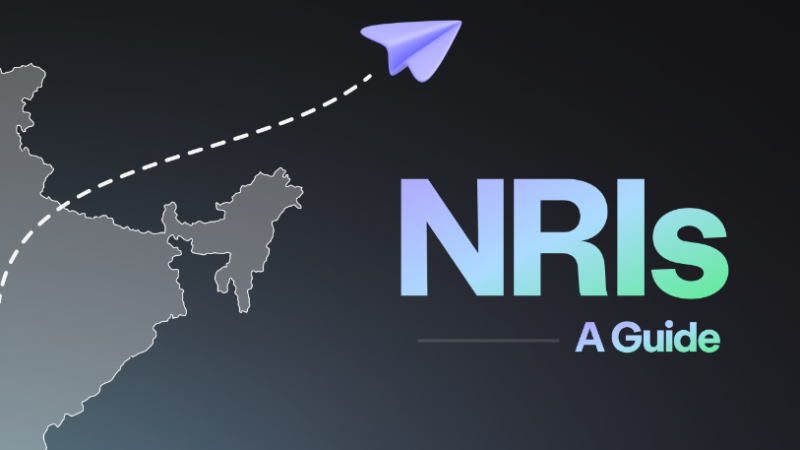Unveiling the Alleged Satanic Undertones in Game of Thrones: Fact or Fiction?

Game of Thrones, the epic fantasy television series based on George R.R. Martin’s “A Song of Ice and Fire” book series, has captivated audiences worldwide with its intricate plot, complex characters, and breathtaking landscapes. However, amidst the dragons, knights, and political intrigue, some conspiracy theorists have suggested the presence of satanic undertones within the series. In this article, we will delve into the claims made by certain individuals, examining whether there is any substance to the allegations of a satanic influence on the beloved Game of Thrones.
The Dark Arts in Westeros:
One argument put forth by those who believe Game of Thrones has satanic elements is the presence of dark magic and the occult in the world of Westeros. Characters such as Melisandre, the Red Priestess, are practitioners of shadowy sorcery and mystical rituals. The use of blood magic, resurrections, and the summoning of shadowy creatures has raised eyebrows among some viewers, who draw parallels between these elements and traditional depictions of dark arts.
However, defenders of the series argue that these magical elements are integral to the fantasy genre and are not necessarily indicative of a satanic influence. Fantasy worlds often incorporate supernatural elements to create a sense of wonder and intrigue, and Westeros is no exception.
Symbols and Imagery:
Another point of contention revolves around the symbols and imagery used in Game of Thrones. Some conspiracy theorists claim that certain symbols within the show, such as the inverted pentagram seen in the opening credits, are indicative of satanic influences. The pentagram, traditionally associated with occultism, is said to represent the five elements and can be used for both positive and negative spiritual purposes.
However, it’s important to note that symbols like the inverted pentagram are not exclusive to satanism and have been used in various cultural and religious contexts throughout history. The creators of Game of Thrones may have incorporated such symbols for artistic or symbolic reasons, rather than to convey a specific satanic message.
Character Allegations:
Certain characters in Game of Thrones have also been singled out by conspiracy theorists as embodying satanic traits. One such example is the character of Melisandre, who, with her red attire and association with fire, has been compared to the biblical figure of the Scarlet Woman, a concept sometimes associated with satanic imagery.
However, character analysis is subjective, and interpretations can vary widely. Melisandre’s actions and beliefs can be seen as part of the complex narrative rather than a deliberate attempt to promote satanic ideology. Critics argue that cherry-picking specific traits or actions of characters to fit a preconceived narrative oversimplifies the depth and complexity of the story.
Religious Criticism and Controversies:
Game of Thrones has faced criticism from various religious groups for its explicit content, including nudity, violence, and themes of power and corruption. Some religious leaders have labeled the show as morally objectionable and incompatible with their beliefs. While these concerns are not necessarily linked to satanic influences, they highlight the diverse range of reactions the series has elicited from different religious communities.
It’s essential to recognize that the creators of Game of Thrones, David Benioff and D.B. Weiss, adapted Martin’s source material with the intention of exploring the complexities of power, morality, and human nature. The controversy surrounding the series may stem from its willingness to confront uncomfortable themes rather than a deliberate attempt to promote satanism.
Conclusion:
In conclusion, the allegations of Game of Thrones being satanic seem to be rooted more in sensationalism than in concrete evidence. While the series does explore dark and morally ambiguous themes, these elements are characteristic of the fantasy genre and do not necessarily indicate a deliberate endorsement of satanic ideology.
The use of symbols, characters, and magical elements within the show can be interpreted in multiple ways, and attributing a singular, satanic meaning oversimplifies the rich narrative crafted by Martin and adapted for television. Ultimately, Game of Thrones is a work of fiction that invites viewers to contemplate the complexities of human nature and the pursuit of power in a fictional world. Whether one sees it as a cautionary tale or a reflection of the human condition, the series remains a cultural phenomenon that sparks diverse conversations and interpretations.
-
Is Game of Thrones really considered to have satanic elements?
- While some conspiracy theorists have suggested that Game of Thrones contains satanic undertones, these claims remain highly debated. The series primarily focuses on fantasy elements, political intrigue, and complex characters, with the alleged satanic influences being more a matter of interpretation.
-
What specific elements in Game of Thrones are cited as evidence of satanic influence?
- Critics point to elements such as dark magic, occult practices, and certain symbols and imagery present in the show. Characters like Melisandre, the Red Priestess, and the use of mystical rituals have been singled out. Additionally, some argue that symbols like the inverted pentagram in the opening credits contribute to the perception of satanic influence.
-
Are the dark arts and magic in Westeros indicative of satanic themes?
- The presence of dark magic and supernatural elements in Westeros is a common trait in the fantasy genre. While some draw parallels between these elements and traditional depictions of dark arts, defenders of the series argue that such elements are integral to the fantasy world created by George R.R. Martin.
-
What about the symbols and imagery in Game of Thrones? Do they support the satanic allegations?
- Certain symbols, including the inverted pentagram, have been highlighted as potential indicators of satanic influence. However, symbols like these have diverse historical and cultural meanings and may be used for artistic or symbolic purposes rather than promoting satanic ideologies.
-
Are specific characters in Game of Thrones considered to embody satanic traits?
- Characters like Melisandre have been singled out due to their association with certain biblical concepts and imagery. However, character analysis is subjective, and interpretations can vary widely. Critics argue that character traits should be viewed within the broader context of the complex narrative rather than as deliberate endorsements of satanic themes.
-
Has Game of Thrones faced religious criticism related to alleged satanic influences?
- While the show has faced criticism from various religious groups for explicit content, nudity, violence, and moral themes, the concerns raised are not necessarily linked to satanic influences. The controversy often centers around the show’s willingness to explore uncomfortable themes rather than any specific endorsement of satanism.
-
Do the creators of Game of Thrones intentionally include satanic elements in the series?
- There is no concrete evidence to suggest that David Benioff and D.B. Weiss, the creators of the television adaptation, intentionally included satanic elements in Game of Thrones. The adaptation aimed to explore the complexities of power, morality, and human nature within the framework of George R.R. Martin’s source material.
-
Is the controversy surrounding Game of Thrones related to satanic allegations or other factors?
- The controversy surrounding Game of Thrones is multifaceted and includes criticism from religious groups, objections to explicit content, and concerns about the moral implications of certain themes. While the series is provocative and challenges traditional norms, the allegations of satanic influence seem to be more sensationalized than substantiated.
-
What is the ultimate takeaway regarding Game of Thrones and satanic allegations?
- Game of Thrones remains a work of fiction that invites diverse interpretations. The alleged satanic influences appear to be rooted more in perception and interpretation rather than a deliberate endorsement by the creators. The series continues to be a subject of discussion, sparking various viewpoints on its narrative, characters, and themes.






